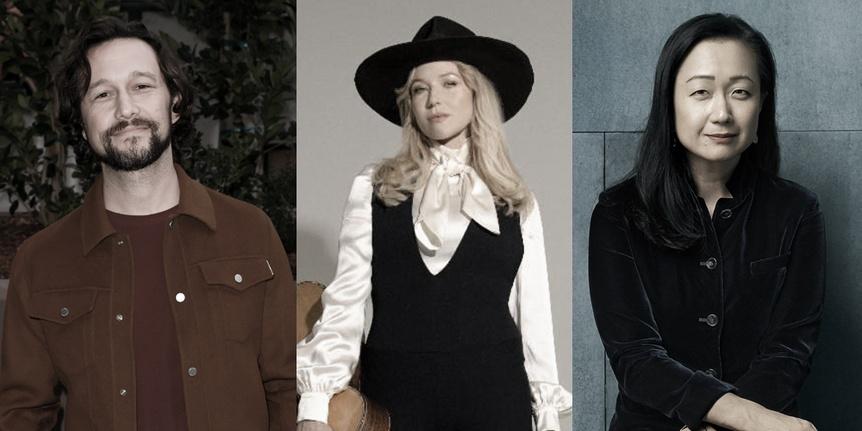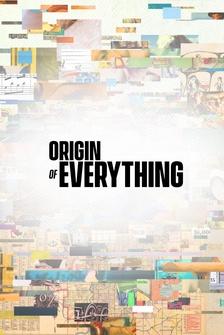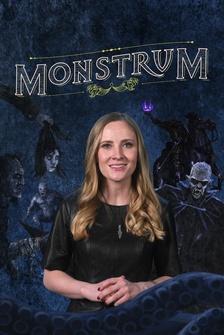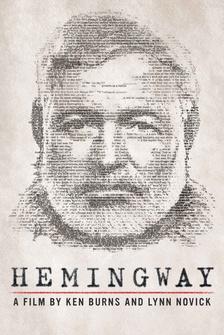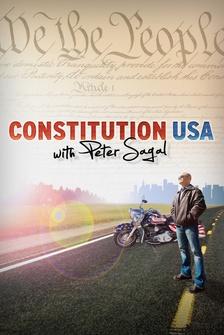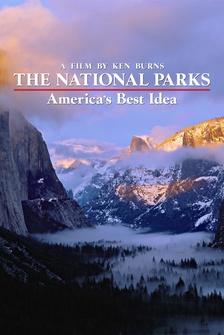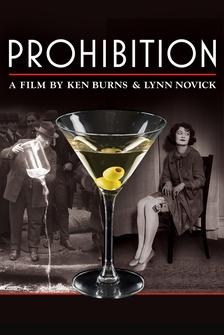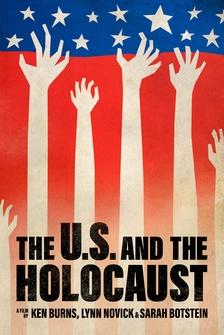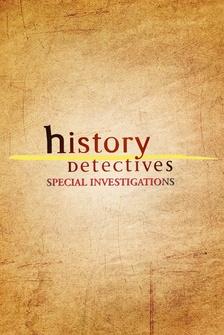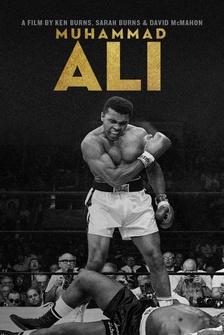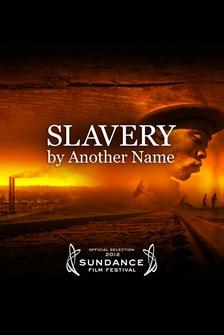(no audio) (Alejandro speaking in Spanish) (Alejandro continues speaking in Spanish) (Alejandro continues speaking in Spanish) (grasshoppers chirping) (Alejandro continues speaking in Spanish) (grasshoppers chirping continues) - [Alejandro] My name's Alejandro Jimenez.
I live in Santa Fe, New Mexico.
I'm originally from Colima, Mexico, and I'm a poet and writer.
I came to the U.S. when I was eight years old.
I woke up in Walmart parking lot in San Diego.
But the actual act of itself, like I was asleep for it.
I really, where I was like, "Whoa, like I am somewhere new, new," was when we were riding the Greyhound bus in Oregon and it started snowing.
(soft music) (soft music continues) When my mother registered me for the third grade in January of 1996, my ESL teacher had trouble with the multiple syllables in my name.
She said, "Ah-lee-han-dro, it's too long.
Let's call him Alex."
My mother looked at the floor and said, "Okay."
That same year, I met Mrs. Perrit.
She would not allow me to go to the bathroom until I pronounced my request correctly.
In eighth grade, my friends and I jumped each other and started our own gang.
We were afraid of what the following school year would hold.
After all, that was the furthest any of our parents had gone to school.
(thunder booms) I guess punching each other was how we showed support and guidance.
Later, some would drop out.
In high school, I was one of four brown faces in AP classes in a school that was over 30% Mexican.
I always felt weird when my teachers praised me for not being like the rest of them.
What is this "rest of" that I am not?
(soft music continues) (grasshoppers chirping) We were farm workers, we were laborers, and we knew that it was injustice.
Like, how come we're the ones working, and why do we get to live in a small cabin that's like cockroach infested?
Why do we have to go to the bathroom outside?
Why do we have to mix our pesticide-filled laundry with our clean laundry, when in the same orchard, like the owners live in a nice big house?
So, my mom put this thing together, a bunch of albums of just like, it has all like my races, things that she like kept.
Yeah, that's one of my favorite running pictures of all time, just 'cause it's just like, you know, a bunch of farm worker kids, doing it.
And then this one too, here you are.
So I always really had this fire to get to know the world outside of the world I lived in.
I shared with my counselor and I was like, "Yo, I want to go to college."
Varsity athlete, good grades, community service.
I was undocumented at that time.
I didn't really understand what that meant.
Her exact words were, "I thought you were going to stay here and be a farm worker like your parents."
(soft footsteps crunching) (bugs buzzing) I write to not forget because of just everything that it has meant as far as resistance.
(soft footsteps continue) You're in Northern New Mexico, which was the first successful revolt when the Indigenous peoples around here kicked out the Spanish, the Pueblo Revolt.
The reason why the revolt happened when it happened is because three runners were transporting the messengers, by the arroyos that I run here.
Two of them got caught and they got hanged, and one got away.
(soft music continues) (soft music continues) When people are like, "Yo, how'd you get into poetry?"
My mom, my family and song.
(soft Spanish music) As we cooked together, I asked my mother for a recipe and everything she says is, "Grab with your fingertips un poquito of this, un poquito of that, una cucharadita of this and of that, no mas."
So how much is un poquito amount?
(Alejandro speaking Spanish) You'll taste and you'll know when it is good.
And the recipe, it is not about the dish I wish for them to cook.
It is about the trust in and with your body to know when enough is enough.
Let it grieve, let it remake itself.
Let it grieve.
Let it grieve, let it remake itself.
Let it rejoice.
Let it rejoice.
Let it, let grieve, let it remake itself, let it rejoice.
If the brown body is not seen as worthy, it is neglected, it is deprived of light, of sage.
Let it grieve.
Let it remake itself.
Let it rejoice.
Let it remake itself.
Let it rekindle itself?
(soft music) When I need to make sense of something, I write about it.
When I need to make sense of something, and I can't write about it, I'll run about it.
(soft footsteps crunching) Sometimes when I'm having trouble writing a poem, or I need to work through something, I'll run, and somehow during the run, (snaps) it just comes.
And so for me it's a way to, in writing, reclaim, I mean, create new things.
I love that about writing, what it does for me, how it allows me to connect with people.
(traffic humming) My vision to hopefully open up space and create space where, you know, they feel that they can be who they are.
- [Instructor] Hi.
- [Inmate] Hello.
- Did you ever imagine how it is that I explained to my mother that I peed my pants again, and again, and again?
Mrs. Perrit, I really, really need to go.
I've been holding this for such a long time, and I need to let it out.
It might smell like genocide, like burnt ancient scriptures, but you told me to pronounce my words correctly and for me that means to speak the truth.
As proof that I have mastered your language, I wrote you this note, so Mrs. Perrit, may I, please, go to the bathroom?
But in that moment, right, whatever this anger, this pain I felt towards this person, it was gone.
It was gone.
Like, I don't need this pain anymore.
I don't need to carry this anymore because the poem did what it did for me.
Whatever we write, whatever story we want to tell, is much bigger than ourselves, even though we might not realize it then.
We're gonna write a letter or poem that yearns for home.
(soft bright music) You never know what people are gonna write.
They don't know what they're gonna write, and that's the beautiful thing about facilitating that space.
It doesn't tell me about my ability as a facilitator, but the need for poetry.
- I wake up in the morning with my two chubby daughters next to me, hit the kitchen, open the fridge and eat the leftover chubbies from the night before.
(group laughing) (group applauding) - I see the ships and I smell the salt in the air while my grandfather checks the lobster traps and gives me a starfish he finds.
Watching the waves as the tides come in, the smell of the salt in the air.
- A place where I watched the fireworks on the 4th of July from the mountains, overlooking the whole state, and I can point into a distant city and say, "That is home."
(soft bright music continues) (Alejandro speaking Spanish) (Alejandro continues speaking Spanish) - I think for me, returning to my country and being received with open arms, like that's honestly, like, probably the best artistic experience I've had in my life so far.
(soft bright music continues) (soft music fades) I am running from, yeah, just the noise of what expectations people have of me, what expectations I have of myself, what society thinks what I should be doing or not doing.
I know I'm running towards something and I feel like every year gets clearer and clearer what that something is.
(gentle acoustic music) (gentle acoustic music continues) (gentle acoustic music continues) (gentle acoustic music continues)

